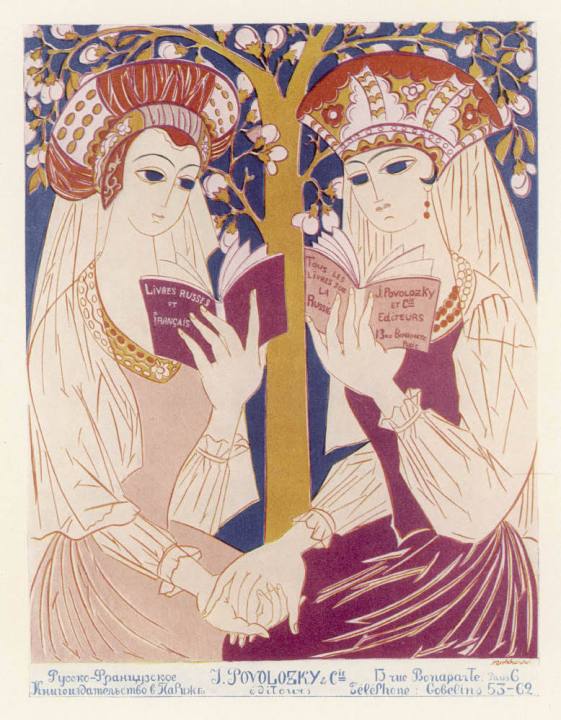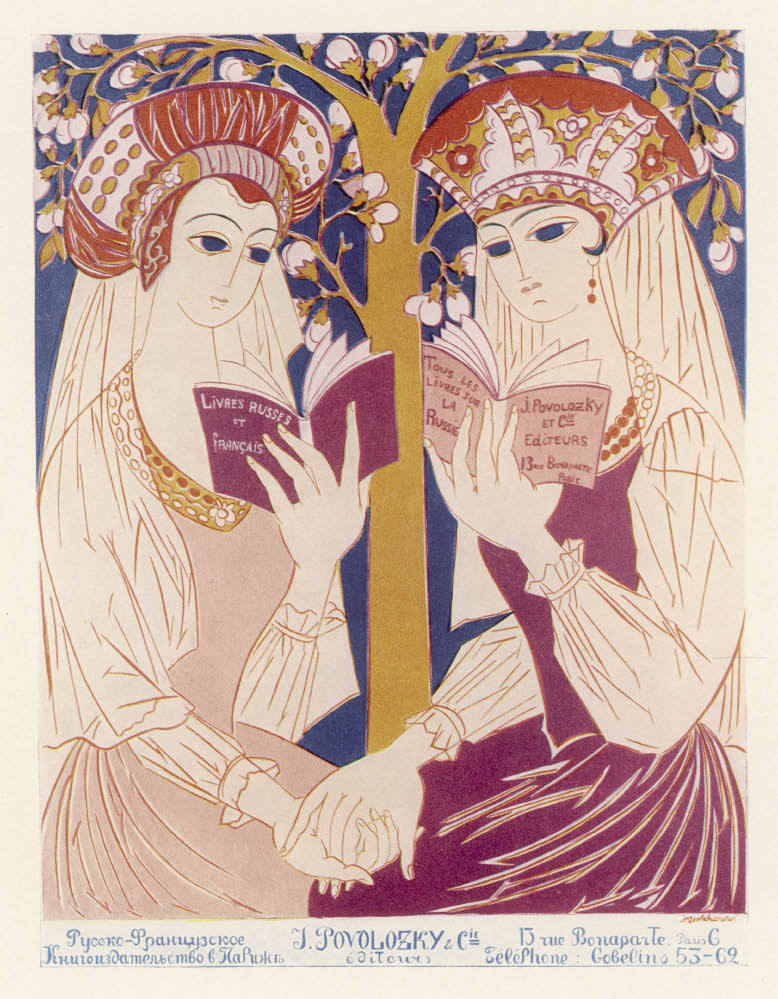It’s impossible not to warm to the author of this book, a perky Turkish-American woman with a fascination with Russian literature and an irresistible comic touch.
It’s impossible not to warm to the author of this book, a perky Turkish-American woman with a fascination with Russian literature and an irresistible comic touch. I began it on the train; barely had I started before my involuntary yelps of hilarity were causing alarm amongst my fellow passengers. An elderly man moved to another seat after I came upon Batuman’s description of the time she found herself judging an adolescent boys’ leg contest in Hungary. Fortunately, perhaps, I arrived at my station before Batuman embarked on an account of an excruciatingly funny literary seminar to rival Lucky Jim.
Loosely based around the seven years she spent writing a thesis at Stanford University, Batuman’s chatty, meandering memoir contains pieces on her favourite Russian authors rather in the Janet Malcolm mould, while covering various trips to the former Soviet Union, the idiosyncrasies of academic life, college amours, grant applications, etc. The whole is embellished with numberless further digressions, and detours, and detours around digressions, all of it comic, poignant, and very entertaining, as long as you relinquish any idea of getting somewhere.
Rather late on I discovered that The Possessed is partly made up of previously published magazine pieces, which is one explanation for its looping progress. On the whole, however, this structure is a conscious choice; a reflection of the random, scattered nature of real life, in which, as Batuman puts it, ‘events and places follow one another like items on a shopping list … and one thing is guaranteed; they won’t naturally form the shape of a wonderful book.’ At the beginning of the book she toys with the idea of taking a creative writing course instead of studying literary criticism. She decides against it, offering a damning critique of the whole creative writing ethos — its insularity from the wider world of literature, its tidiness and over-simplification of life. Above all she dislikes its emphasis on writing as craft, as technique, over the broad, subtle and probably unteachable aims of the great Russian authors she loves. ‘What did craft ever try to say about the world, the human condition, or the search for meaning?’
For ‘the search for meaning’ is Batuman’s admirable goal, not that she would announce it in so clunking a fashion. But how to find it? Through the academic detective work that connects the revolutionary writer Isaac Babel to the producers of King Kong, or investigates the identity of the protagonist of Tolstoy’s The Living Corpse? In the hunt for hidden portents, and esoteric curiosities such as the ‘language of birds’, a code word in some traditions for total knowledge? In dreams? ‘If there was no connection, you’d find one anyway,’ a Croatian friend tells her, skewering the conspiracy theorist side to academic research. ‘You remind me of a proverb: the snow falls, not in order to cover the hill, but in order that the beast can leave its tracks.’
As a first-generation Turkish immigrant who prefers Russian culture, Batuman wonders if some magical enlightenment awaits her in Uzbekistan, a country that seems on paper to offer a perfect synthesis of these two strands to her nature. Yet a summer in Samarkand, apart from giving her a good deal of wonderful comic material, leads only to the understanding that ‘no geographical location, no foreign language, no pre-existing entity at all would ever reconcile “who” you were with “what” you were.’
The final chapter is based around Dostoevsky’s novel The Demons, and an episode in which René Girard’s theory of mimetic desire — yet another pattern to make sense of the muddle of life — seems to escape the bounds of literary criticism and become real. Her Croatian friend plays the part of Stavrogin, the Svengaliesque hero of The Demons, and Batuman and her friends take on the roles of Stavrogin’s band of proto-revolutionaries, who self-destruct under his baleful influence. It gives us Batuman’s source for her title: The Possessed was an earlier translation of The Demons, and a reference to the Gadarene swine. As the title for her own book, it seems to me to have generally pessimistic implications — the world’s self-destructive gallop over the cliff — which, however, I don’t think Batuman really intended. She celebrates love and learning, and the cheerful absurdity of life. Above all she celebrates books, finishing up with the bold statement that ‘If the answers exist in the world or in the universe, I still think that [literature] is where we’re going to find them.’







Comments